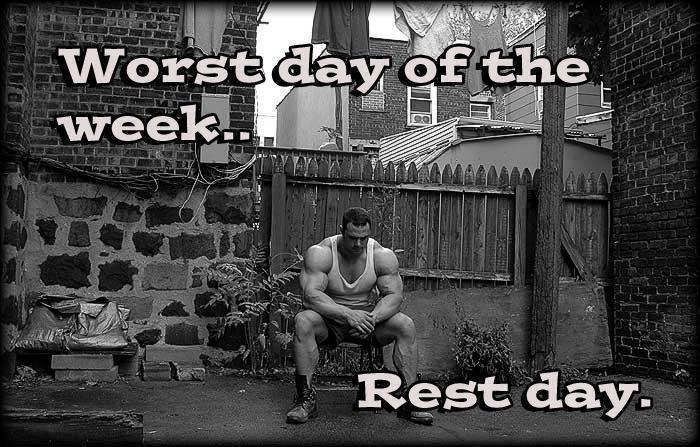
I'm sure most of you (myself included) have always believed that regularly exercise is good for you and will increase your lifespan. On the flip side, if you sit around all day doing nothing, you probably have a higher risk of developing diseases, particularly cardiovascular disease, and therefore may not live as long. A recent article titled: "Run for your life...at a comfortable speed and not too far" found some rather contradictory evidence that this may not be the case. Everyone has probably heard of the individuals who have collapsed and died during/following athletic events or bouts of exercise EVEN THOUGH they were thought to have been in excellent shape. A lot of these cases are believed to have been caused by underlying genetic conditions (i.e. hypertrophic cardiomyopathy). which is the leading causes of cardiac death in athletes. However, there may be more to the story.
In the previously mentioned article, it stated:
"High-intensity exercise sessions lasting beyond 1–2 h cause acute volume overload of the atria and right ventricle (RV), which can bring about overstretching and micro-tears in the myocardium, as evidenced by a transient rise in cardiac biomarkers."
Basically this is saying long-term intense exercise can actually cause damage to your heart. This kind of goes against everything we have been believing for years, right? The authors did explain that the acute damages seen following the intense exercise does revert itself and things can go back to normal within a few days. However, they also explained that if high-intensity or high-volumes of exercise are sustained for multiple hours a day for multiple days/months/years (i.e. marathon runners) the damage can add up and actually speed up the "aging" process of the heart! In the graph below, it shows an individual's risk of dying, dependent on how many miles a week they run The red bar on the far left represents a sedentary individual who has the highest risk of dying. On the other end of the spectrum, there are 2 red bars representing people who run 20-25 miles and more than 25 miles a week and they also have a relatively high risk of dying....wait, what?A sedentary person has the same risk of dying due to disease as a life-long marathon runner who is in excellent shape!?
Continue reading below:




